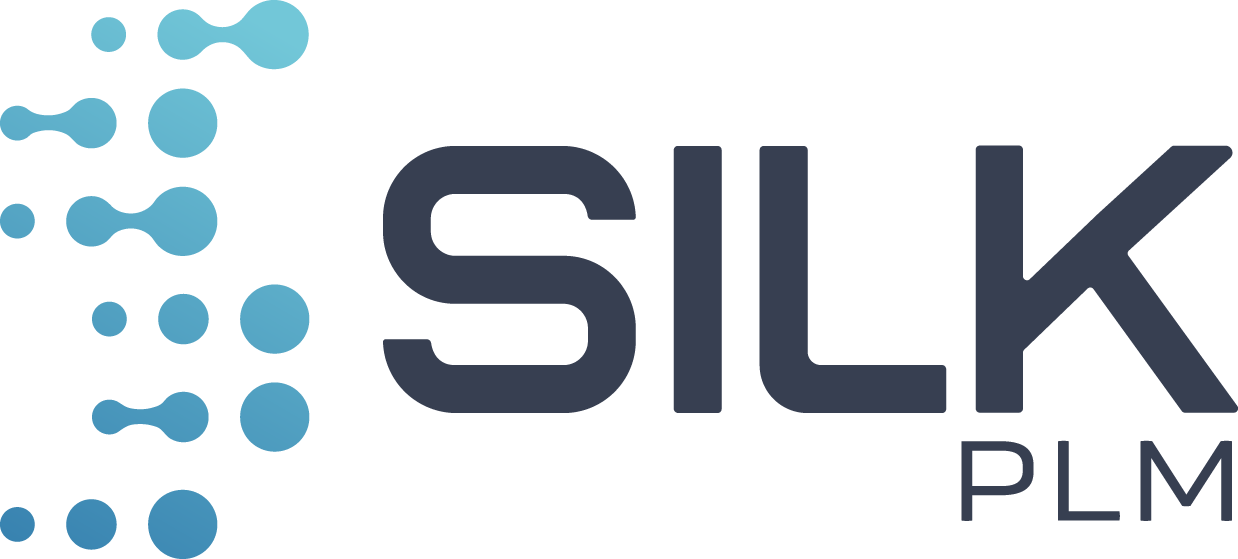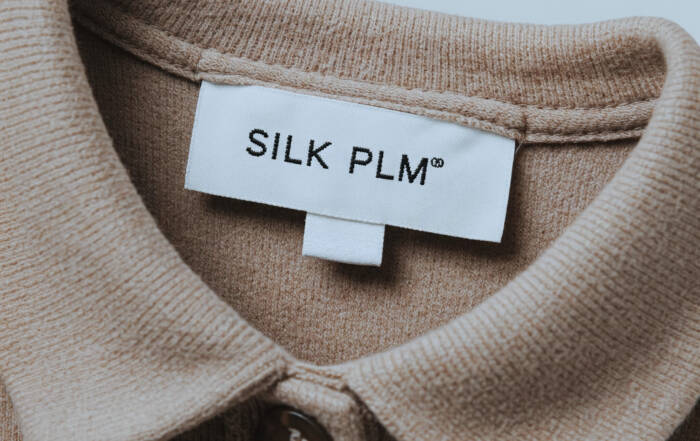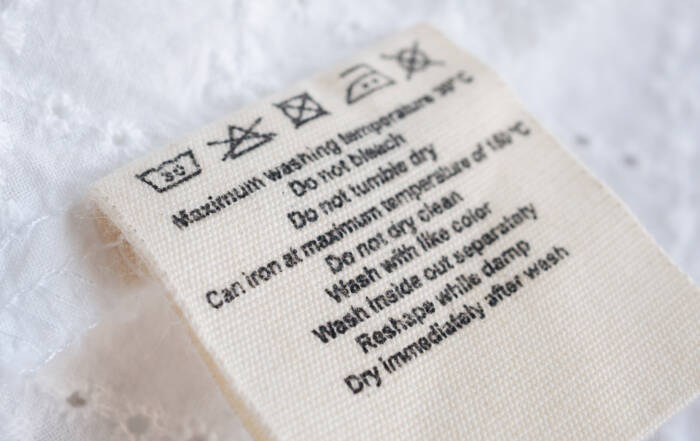Knowledge base » Articles » RFID Technology
RFID Technology in Retail
RFID (Radio Frequency Identification) is one of technologies that has become very popular in today’s retail world. RFID technology is changing how stores keep track of their stock, make the supply chain more visible, and give customers more unique shopping experiences.
What is RFID Technology?
Using electromagnetic fields, RFID technology can instantly find and follow tags that are attached to products. RFID tags are better for tracking goods through the supply chain because they can be read from a distance, while traditional barcodes need to be scanned with a direct line of sight.
Why combining RFID technology with PLM systems will be good in the future
Imagine a world where it’s easier, faster, and more efficient to manage goods from the time they are designed to the time they are put on store shelves. That’s what RFID technology and Product Lifecycle Management (PLM) systems offer when they work together. This could be a big deal because of the following:
- Better Product Tracking: When RFID and PLM work together, stores can keep track of every item in real time, from the time it’s made to the time it hits the shelves. This means there will be fewer mistakes, problems will be fixed faster, and the supply chain will be more effective.
- Launching New Products Easily: Adding RFID to PLM could make it much easier to release new goods. shops would know where every item is at all times, which would make sure that new items get to shops on time, increase sales, and keep customers happy.
- Making Data More Accurate and Accessible: Putting RFID and PLM systems together could make all of the company’s data much more accurate and accessible. Real-time, accurate data would be easy to get, which would help teams make faster, better decisions and lower the risk of mistakes that cost money.
Integrating RFID technology and PLM systems together could change the retail business for the better, making processes run more smoothly, launches go more smoothly, and businesses last longer. Any store that wants to stay ahead should do this.
The Future of RFID in Retail
The possibility for RFID in retail will just grow as technology develops. From enhancing consumer experience to simplifying processes, RFID is about to become an essential component of retail environments. Retailers who adopt RFID now will be more suited to satisfy future needs, therefore guaranteeing their competitiveness in an environment going digital.
Conclusion
RFID technology in retail is revolutionary and provides major advantages that might change the way stores run. Integration with PLM systems increases the possibility for efficiency, accuracy, and creativity even more, therefore opening the path for a more agile and consumer-oriented retail environment.
Fashion Labels: The Essential Guide for Clothing Brands
Fashion labels play a crucial role in your brand and shape how customers perceive your product. If you're launching a new product line and feel unsure about how to select the right labels, this guide will serve as your go-to resource!
Guide to Care Labels for Fashion Brands: Compliance & Sustainability
Care labels are a vital communication tool for customer satisfaction, legal compliance, and reinforcing your brand values. Whether you're a fashion startup, e-commerce business, or independent designer, understanding care labels is non-negotiable.
Author:
Mariusz Wilczek
Marketing Specialist at SilkPLM




